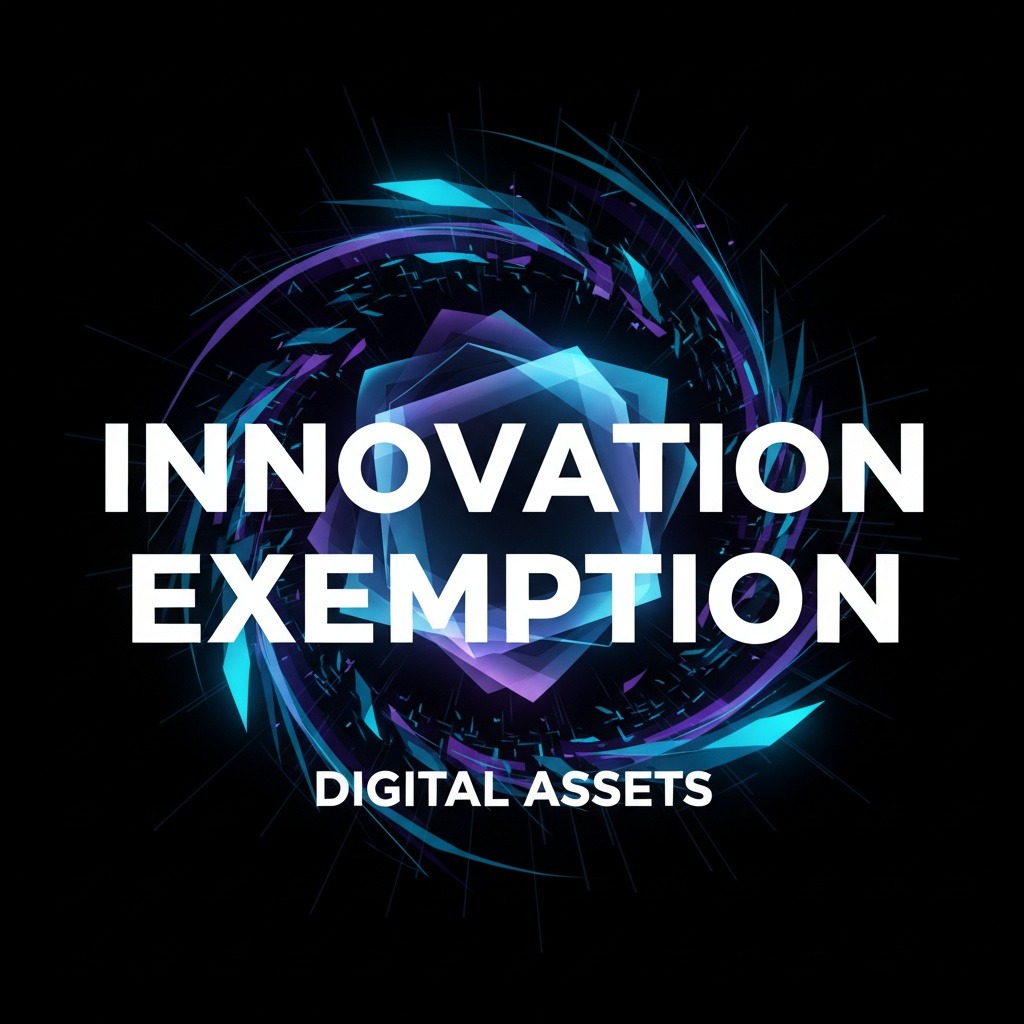The U.S. Securities and Exchange Commission (SEC) is on track to introduce an “innovation exemption” aimed at facilitating the approval of digital asset products, as revealed by SEC Chair Paul Atkins during a recent appearance on Fox Business. The announcement comes as part of an effort to modernize the regulatory framework governing the burgeoning cryptocurrency market.
During his interview with anchor Maria Bartiromo, Atkins expressed optimism about the SEC’s direction, stating, “We’re looking for an innovation exemption — to try to get that in place by year-end.” This regulatory carve-out is designed to provide crypto firms with temporary relief from existing securities rules, allowing them to introduce new financial products with reduced oversight while the SEC prepares more tailored regulations.
Atkins highlighted this initiative in light of the recent approval of the first multi-asset cryptocurrency exchange-traded product (ETP) in the United States. This innovative product, launched on Friday, allows investors to gain exposure to a diversified portfolio including Bitcoin (BTC), Ether (ETH), XRP (XRP), Solana (SOL), and Cardano (ADA). This launch follows the SEC’s newly established generic listing standards that aim to streamline approval processes for funds under Rule 6c-11.
According to Atkins, these new standards represent a significant step toward enhancing regulatory clarity for digital asset offerings. He described them as “another example of how we can move forward,” emphasizing that the SEC strives to provide a robust framework within which new products can be effectively introduced to the marketplace.
Since his swearing-in as chair in April, Atkins has emerged as a strong advocate for fostering innovation in the crypto space. One of his key initiatives, known as “Project Crypto,” was announced on July 31 and is focused on revising the existing securities regulations surrounding digital assets to facilitate their adoption in U.S. financial markets. This project aims to help transition American financial systems onto blockchain technology, offering a modern approach to financial transactions.
Speaking at the Wyoming Blockchain Symposium in August, Atkins took a markedly different stance from his predecessor, Gary Gensler, regarding which cryptocurrencies should be classified as securities. He noted that there are very few tokens that should fall under this classification, emphasizing that the distinction lies in the way they are marketed and sold.
Atkins’ comments reflect a shift towards a more progressive regulatory approach that seeks to balance consumer protection with the need for innovation in the evolving financial landscape. He asserts that the SEC’s goal is to create a stable platform that will encourage the introduction of new financial products while simultaneously understanding the unique characteristics of digital assets.
As the U.S. grapples with the complexities of regulating a fast-evolving crypto sector, the proposed innovation exemption may pave the way for more dynamic market participation. With Atkins at the helm, the SEC appears committed to adapting its regulatory framework to foster technological advancements in the financial industry, thus ensuring that American markets remain competitive in the global arena.



